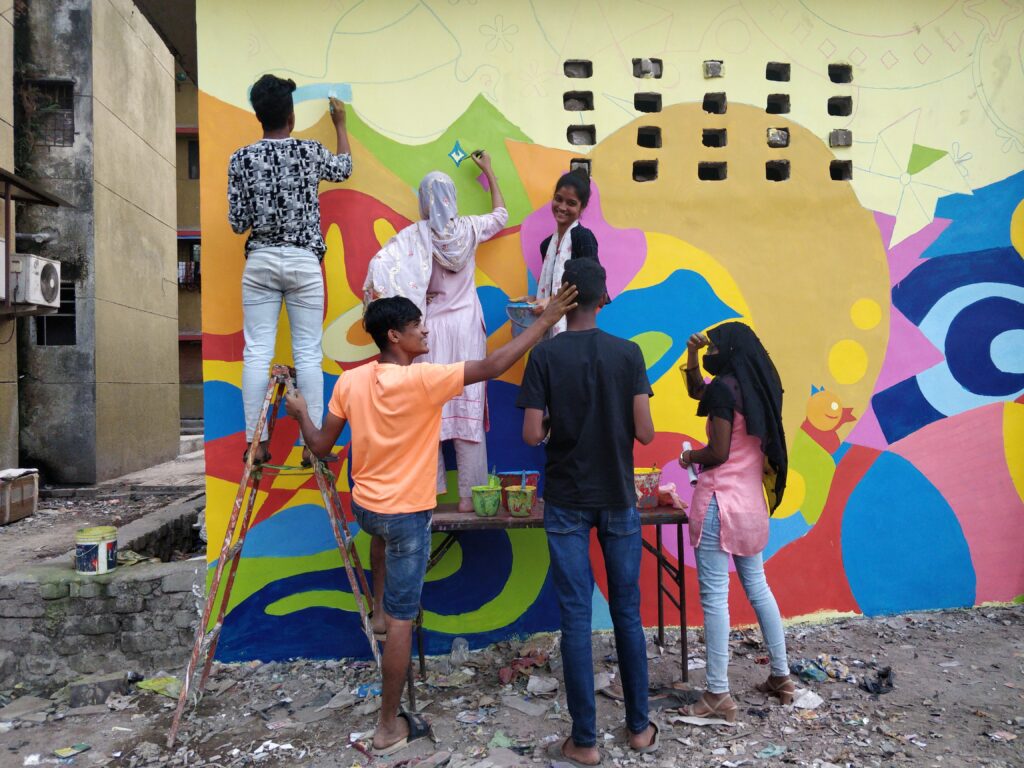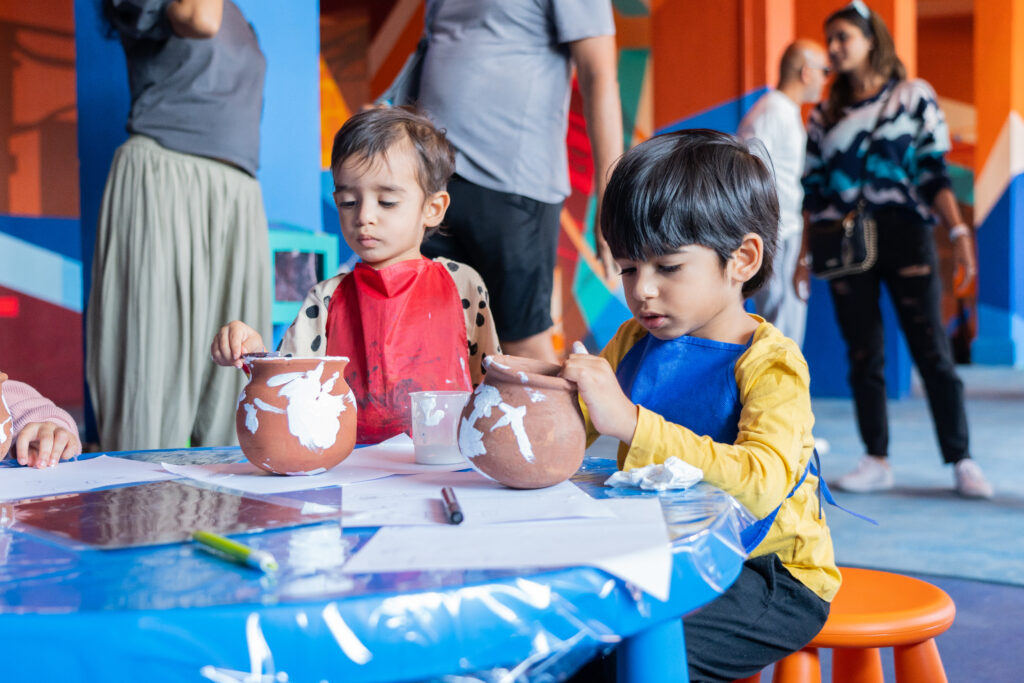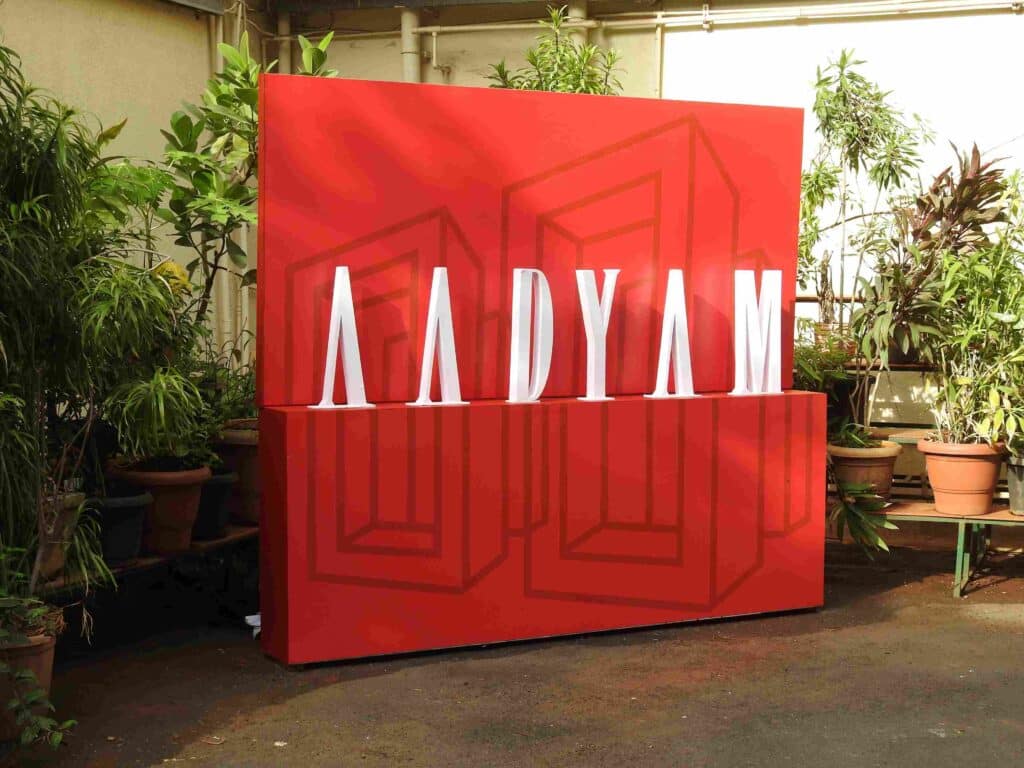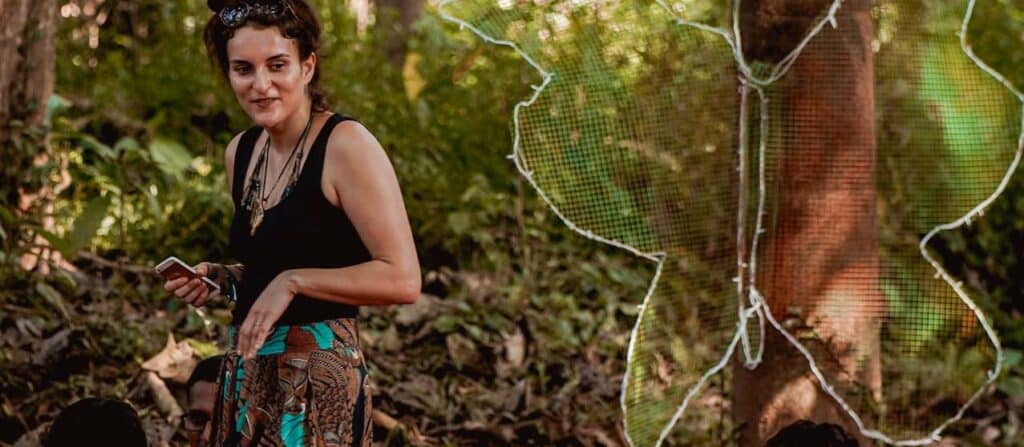Children are not a separate species, as C.S. Lewis so aptly expressed. They are equals who invite us to rediscover the wonder and the magic around us. They let their imaginations wander, ask a barrage of questions and are armed with the power of curiosity, and this sentiment should be at the heart of organising a children’s festival. We spoke to Meera Warrier, Festival Coordinator at the Kala Ghoda Arts Festival; Ruchira Das, founder at ThinkArts; and Raj Jog Singh, Senior Manager (Production) for Teamwork Arts, which organises the Kahaani Festival, for insights on best practices when putting together a festival for kids.
“It is important to create a holistic experience for the child who will spend two to three hours in the festival,” says Meera. The curation should aim to wean kids away from digital screens and help them reconnect with reality. “Children have changed drastically after the COVID-19 pandemic. While they have survived the past two years through the sheer power of curiosity, their surroundings have changed drastically. Today, their minds are multi-dimensional as they are attempting to navigate the real and virtual worlds simultaneously. It is necessary to keep this new reality in mind when designing a festival so that it leaves an impact.”

Timing is everything
Both Raj and Meera recommend conducting children’s festivals during the weekends.
“The sessions and activities should be held during the first half of the day, and can go on until 6:30 PM. During weekdays, given it is school time, lighter activities can be arranged in the evening, such as a workshop or a book-reading session,” says Meera. Be an early bird. Plan the festival in advance and remember to give plenty of notice. “Children’s festivals should preferably be organised when they do not have exams so that they are able to attend the festival,” adds Ruchira.
Targeting the audience
One of the simplest ways to enlist participation from different schools is by spreading the word through social media. Contests for school kids is also a strategic way to address the target audience. Apart from this, outreach programmes such as reaching out to NGOs as well as public and private schools with a storyteller or a puppeteer, and facilitating activities with children across age groups are interesting ways to ensure participation. “Hypothetically, a hundred schools can be covered in fifteen days. This can create awareness about your festival among kids and schools. There is palpable excitement among the students to see their works displayed,” adds Meera. The belief that these occasions do not aid in children’s growth is a misconception that needs to be debunked.
“Unless you conduct an outreach programme, it is difficult to convince schools how interactive activities such as storytelling, music, theatre, dance, puppetry etc. can aid in children’s growth,” says Raj. Children tend to find comfort in passive learning but it is important to engage them in debates. “They have a mind of their own and want an interesting concept presented to them. If something stops being intriguing, they lose their curiosity and interest, almost immediately,” adds Meera.
Pick the right programming
“It’s all about the curation,” says Raj. “The activities included in the festival must be interactive and action-based so as to ensure that the children do not lose interest. There is no way that they want to sit and listen to a 45-minute lecture.” Storytelling, music, puppetry, papier-mâché and dancing are some of the activities that draw maximum engagement. Dont forget the parents. Include a range of adult-friendly activities so that everybody can have fun. “Parents and caregivers will then encourage their child to participate in more such events that are crucial for their holistic development. A child will seldom attend a festival by themselves – they will most likely be accompanied by a grown-up; be it a parent, a teacher, a caregiver, or a relative. Thus, you need to be mindful that the programming is layered and can allow both the grown-up and the child to experience the performance from their varying points of view,” says Ruchira.
Make the kids comfortable
“A safe environment for children ensures that the kids are at ease throughout the sessions,” says Raj. Giving the kids their own space and allowing them the flexibility to interact is key. Let the children decide how much they want to participate. Hosting events in an open space where children can see their parents can be another way to guarantee that they feel safe. “There are no hard and fast rules. If the child wants to sit and observe and doesn’t want to engage, it’s perfectly alright,” adds Meera.

Be Inclusive
In order to organise a festival for children, we must also take into consideration the demography of children with special needs.“Providing easy access to the event, having facilitators support them, and being able to hold sustained conversations with parents and caregivers before and after the event are some practices that can be included for children with special needs,” says Ruchira.
Debunk misconceptions
“Some people feel that a festival for children must include a lot of activities, games and fun. While children do enjoy that, just like grown-ups, they also like to participate in meaningful thought-provoking art engagements and appreciate things that are both sophisticated and challenging,” Ruchira signs off.
Some tips to keep in mind
Be sure of the ‘why’ – why do you want to organise a children’s festival
Create a comfortable space and take children’s mental health into consideration.
Trust your young audiences and focus on the content keenly.
For more articles on festivals in India, check out our Read section of this website.



Share on